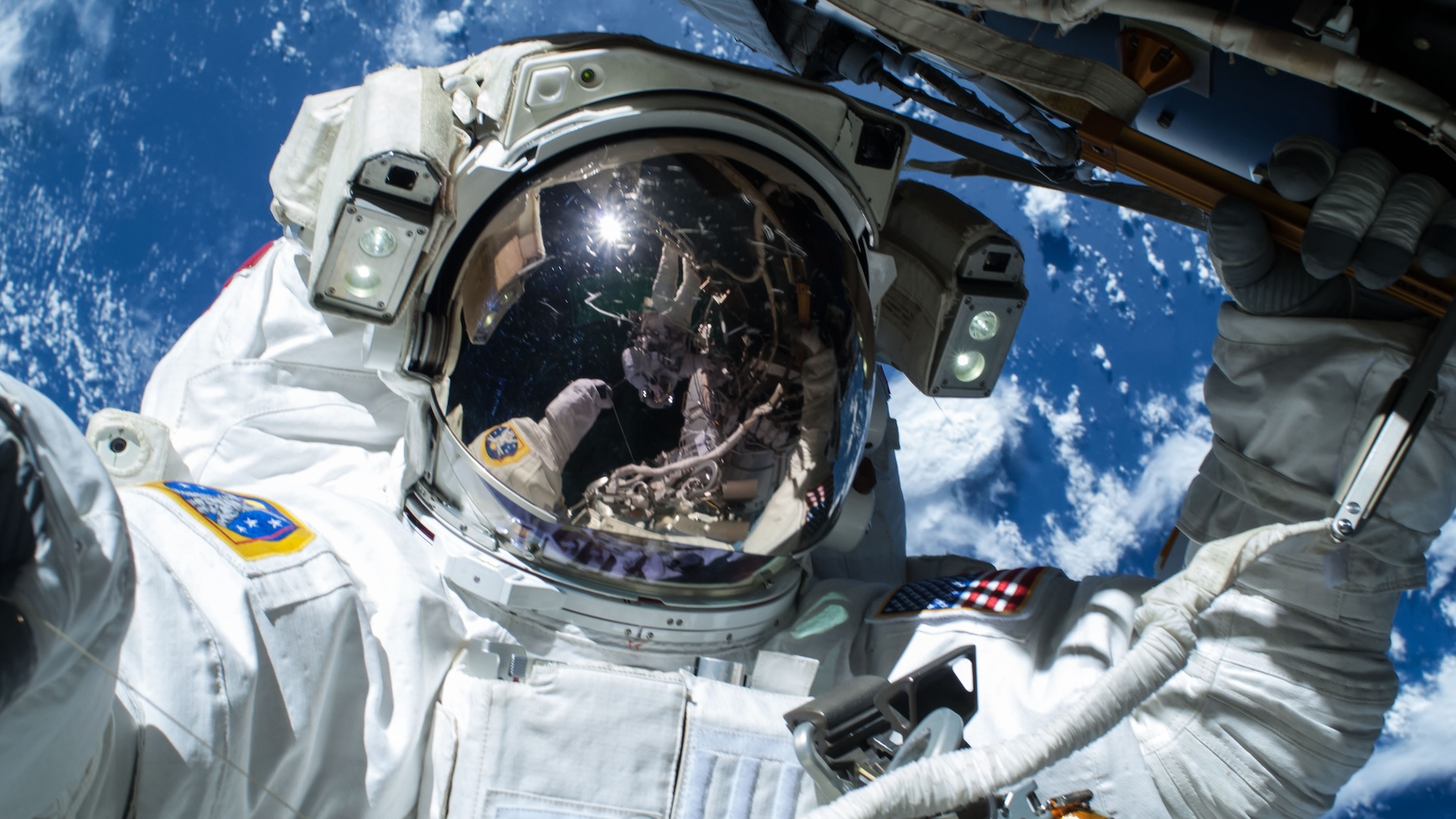NASA astronauts' return to Earth delayed until at least 'late March' 2025
Due to a delay with SpaceX's Dragon capsule, NASA's Butch Wilmore and Suni Williams, who were meant to spend 10 days in space in June 2024, will now not return to Earth until late March 2025 at the earliest, NASA announced.

A pair of astronauts who launched aboard Boeing's Starliner spacecraft in June for a 10-day trip to the International Space Station (ISS) will now spend at least nine months in space, after NASA announced yet another delay to their return flight.
NASA said in a blog post Tuesday (Dec. 17) that the next crew swap to the ISS will happen no earlier than late March 2025. The Crew-10 mission will launch four crew members to the space station. It was originally scheduled for February, but NASA and SpaceX have delayed the launch in order to complete a new Dragon spacecraft for the mission. The Dragon spacecraft is the private spaceflight company's crewed vehicle that can carry up to seven astronauts at a time into low-earth orbit.
"Fabrication, assembly, testing, and final integration of a new spacecraft is a painstaking endeavor that requires great attention to detail," Steve Stich, the manager of NASA's Commercial Crew Program, said in the blog post.
The delay, however, means an extra month in space for NASA's Butch Wilmore and Sunita Williams — the two astronauts who flew to the station aboard Boeing's Starliner crew-delivery vehicle earlier this year. The mission was expected to last a little more than a week, but the craft experienced issues with its thrusters on its approach to the ISS. This led to a three-month delay in the spacecraft's return as NASA tried to figure out the problem. Ultimately, the agency sent the spacecraft back to Earth without its crew. It landed in September without incident.
Related: NASA warns of potential 'catastrophic failure' on leaking ISS — but Russia doesn't want to fix it
Record stays in space
Wilmore and Williams have inadvertently become long-term residents of the ISS, though their trip is not threatening any records. For example, astronaut Scott Kelly stayed aboard the ISS for 340 days between 2015 and 2016 as part of a twin study — his astronaut twin brother Mark stayed on Earth so researchers could compare the two and learn about the impacts of space on health and physiology. In 2023, astronaut Frank Rubio spent a year straight in orbit, the first American to do so. (Rubio's length of stay was also unplanned, as his Soyuz spacecraft sprung a leak.) Six other people have spent more than a year in space.
The Crew-10 mission will carry NASA astronauts Anne McClain and Nichole Ayers, Japan Aerospace Exploration Agency astronaut Takuya Onishi, and Roscosmos cosmonaut Kirill Peskov to the ISS. After a handover period, Williams and Wilmore, along with NASA astronauts Nick Hague and Roscosmos cosmonaut Aleksandr Gorbunov will return to Earth. The ISS was resupplied in November, according to NASA, including "special items" for the astronauts to celebrate the holidays in space.
Sign up for the Live Science daily newsletter now
Get the world’s most fascinating discoveries delivered straight to your inbox.

Stephanie Pappas is a contributing writer for Live Science, covering topics ranging from geoscience to archaeology to the human brain and behavior. She was previously a senior writer for Live Science but is now a freelancer based in Denver, Colorado, and regularly contributes to Scientific American and The Monitor, the monthly magazine of the American Psychological Association. Stephanie received a bachelor's degree in psychology from the University of South Carolina and a graduate certificate in science communication from the University of California, Santa Cruz.










